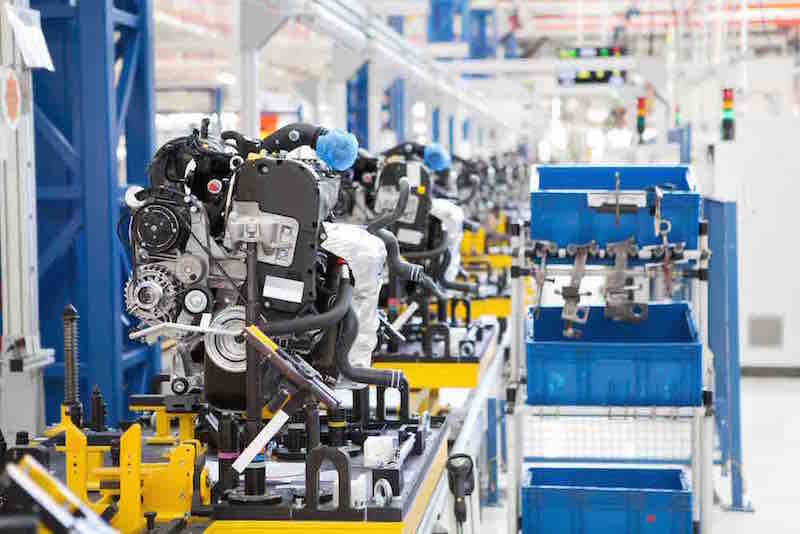Why employee benefits managers are heading for extinction
No doubt spurred on by recently watching the Channel 4 TV series, Humans, in which robots (synthetic humans) serve real humans.
But also because of observing shifts such as the closure of ticket offices on the London Underground, we do no need people to sell us tickets any more, it all happens automatically as we tap our card (travel or bank) at the access barriers.
So as much as Transport for London staff might strike about the new state of affairs, it is clear that in the coming decades most of their jobs (including those of drivers) will simply disappear as they become computerised.
In fact, pretty much all jobs that can be mechanised, computerised or replaced by a robot, will disappear.
A good example is the new hotel which opened in Japan this July. It has 10 humans and 10 robots running it.
See: Japan to open first robot hotel in the world
Some futurologists predict that in decades to come we will see ‘human service’ coming at a premium, with robot service being the norm.
Notably, the lowest paid jobs which need the least education will be most affected. (An important issue for society across the globe to grapple with).

Back in September 2013, Carl Benedikt Frey and Michael A. Osborne put out a fascinating academic paper doing a risk assessment of all our jobs.
They wanted to see which jobs are mostly likely to disappear due to computerisation.
Read: The future of employment: how susceptible are jobs to computerisation
This leads me to ask: where do compensation and employee benefits managers fall on Frey and Osborne’s scale?
The bad news appears on page 70 of the academic paper: compensation and benefits managers have a 0.96 chance (1 =100% chance of computerisation, 0 = no chance of computerisation) of not existing in the future.
But before you head off in despair to replan your career, the point to note is, it is all comes down to human interaction and being able to drive strategy that goes beyond mere processing.
Human resource managers look secure in their jobs (they score a 0.0055, see page 50 of the paper), because so much of the role requires emotional intelligence, which is so hard to replicate in robots.
(As an aside: we probably all know a few HR people with EQs a 'little on the low side'. But despite that, you hopefully get my point).
We are on the journey of a major computerisation revolution, a revolution that will put the 170 year long industrial revolution (1750-1914) in the shade.
Our own jobs, and the jobs of our employees are going to change radically.
Think of how few of our jobs existed 100 years ago. The next 100 years will throw up even greater differences.
Time to ponder: How are you and your organisation adapting to this changing world order?
Debi O'Donovan is founder of the Reward & Employee Benefits Association
Twitter: @debiodonovan






